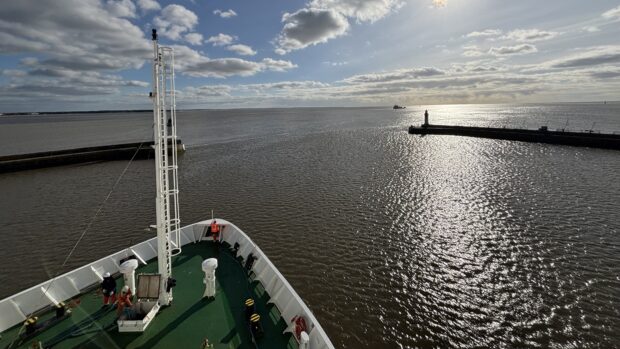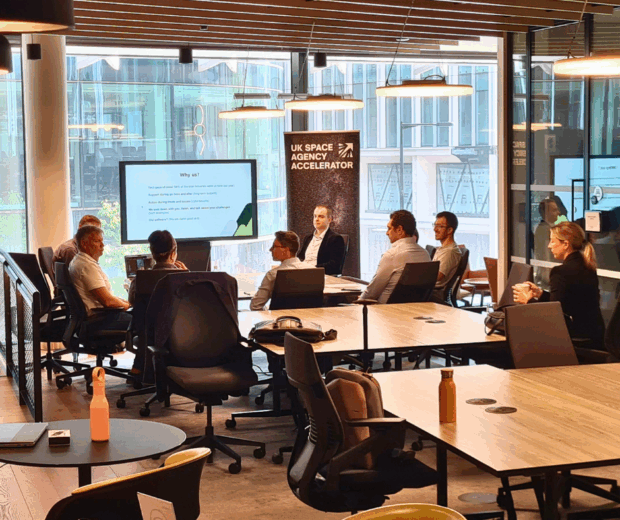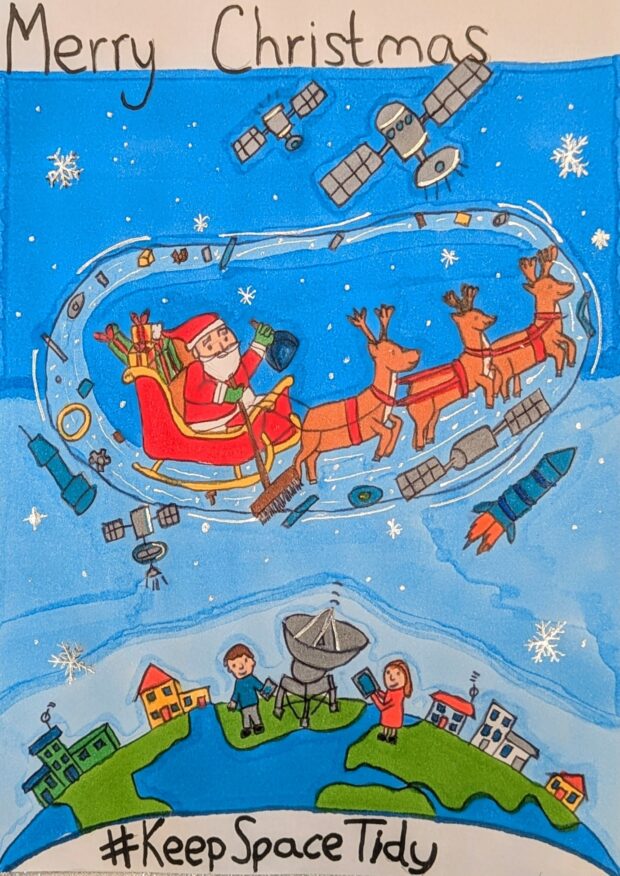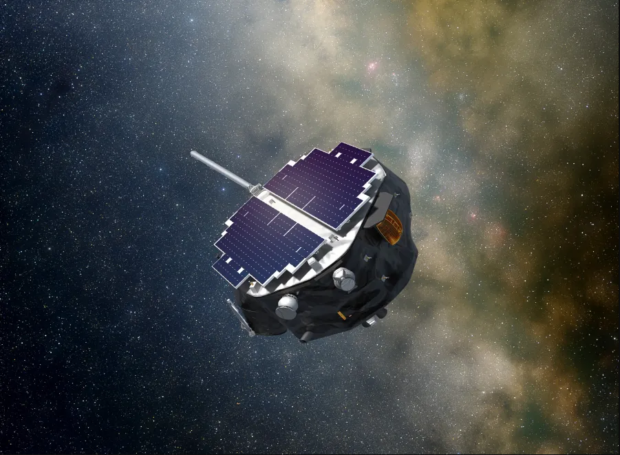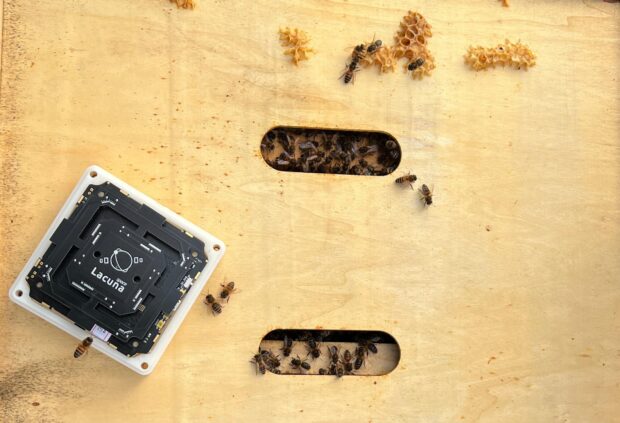Reflections from the Space Communicators’ Network
Reflections from the Space Communicators’ Network
Last year, the UK Space Agency’s External Affairs team hosted the Space Communicators’ Network Workshop at the UK Space Conference in Manchester, to move the conversation about space communications from talking about the challenges to taking meaningful action.

